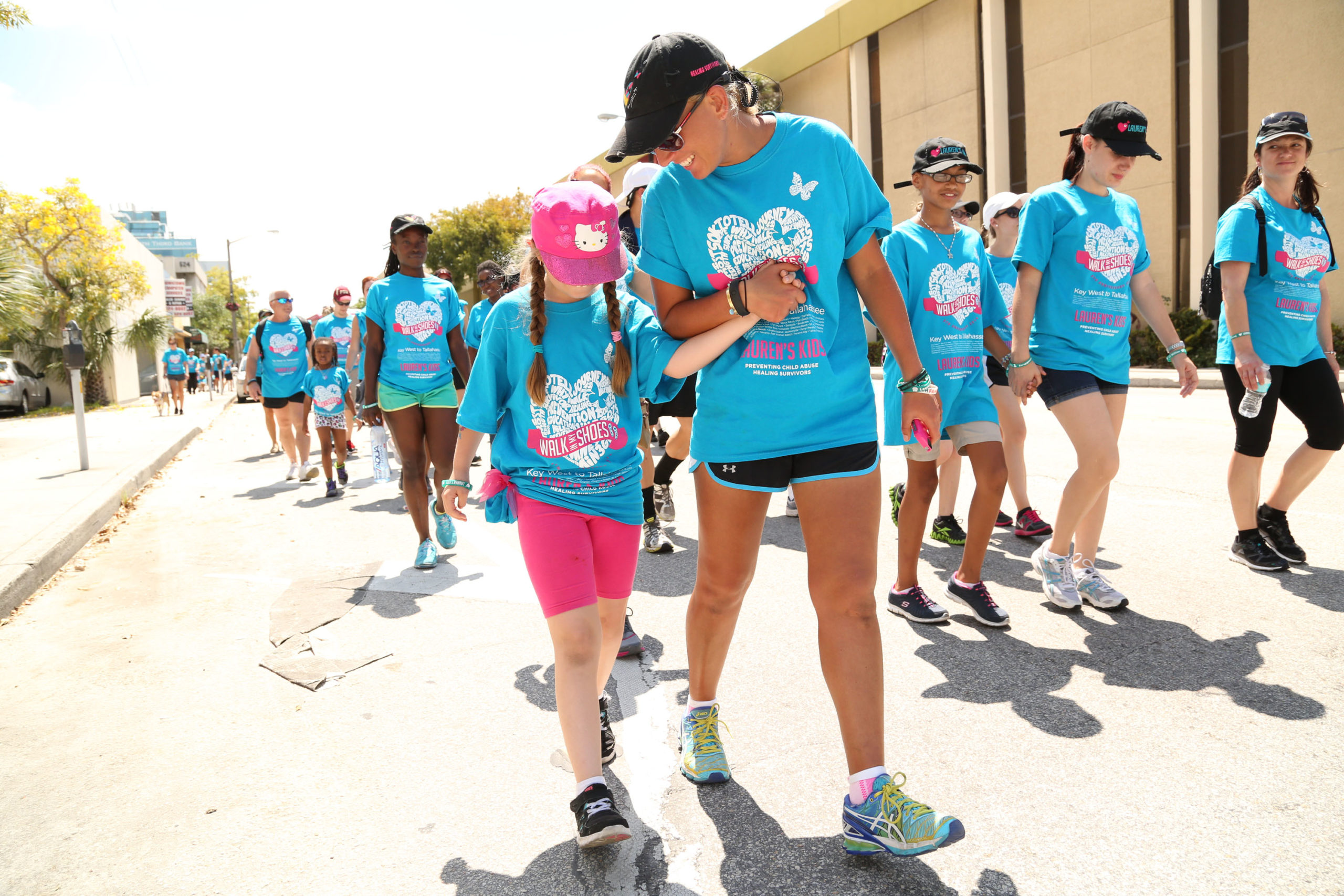Child sexual abuse can happen anywhere, in any neighborhood, religion or church group,
racial or ethnic group, and among the rich, the poor and everywhere in between. Knowing
this, child safety and abuse prevention education is needed in each and every community to
give children, parents and teachers the resources and knowledge base to protect children.
Here are a few safety tips for you and your child:
Who is a stranger?
We have found during our travels that children all around the world describe a “stranger”
as a big, scary man wearing dark clothes and holding a weapon. Children see a stranger as
someone who will harm them, and who looks physically intimidating. The reality is that
“stranger danger” is obsolete; in more than 90 percent of abuse cases, a child is suffering at
the hands of someone they – and they adults in their lives – know, love and trust. Children
need to know that a stranger is simply anyone they do not know well, and that they should
decide if a person is safe or unsafe based on the way someone makes them feel, not how
they look or how well they know them.
Is it safe to keep secrets?
Often, children are asked to keep things like a surprise birthday party a secret. While this is
an example of a safe secret, it’s critical for a child to know when a secret is safe or unsafe to
keep. If a secret will eventually be told and will make everyone happy and smile, then it is a
safe secret. However, if a child is asked to never tell an adult and it makes them feel scared,
confused or “icky,” that is a very unsafe secret and they should tell a trusted adult right
away.
Ask For Help!
Establishing a “Trusted Triangle – a list of three adults that your child can go to whenever
they need help or feel uncomfortable about a situation – is crucial. Teach your child that
when they share information to keep themselves or their friends safe, it’s reporting, not
tattling. Children should know that when their guiding voice is telling them something is
wrong, it’s always OK to use their “I Mean Business Voice” to say, “Stop! This makes me feel
unsafe.” They should continue to tell a trusted adult until they get the two “H’s”: heard and
helped.
As a former educator, I know that when we teach children that it is always OK to tell if
something or someone is making them feel scared, confused or icky, we provide them with
a very necessary tool to protect themselves. In 2012, Lauren’s Kids launched the Safer,
Smarter Kids abuse prevention curriculum. This curriculum teaches children what to do if
they feel like something is not quite right or if they believe they are in an unsafe situation.

